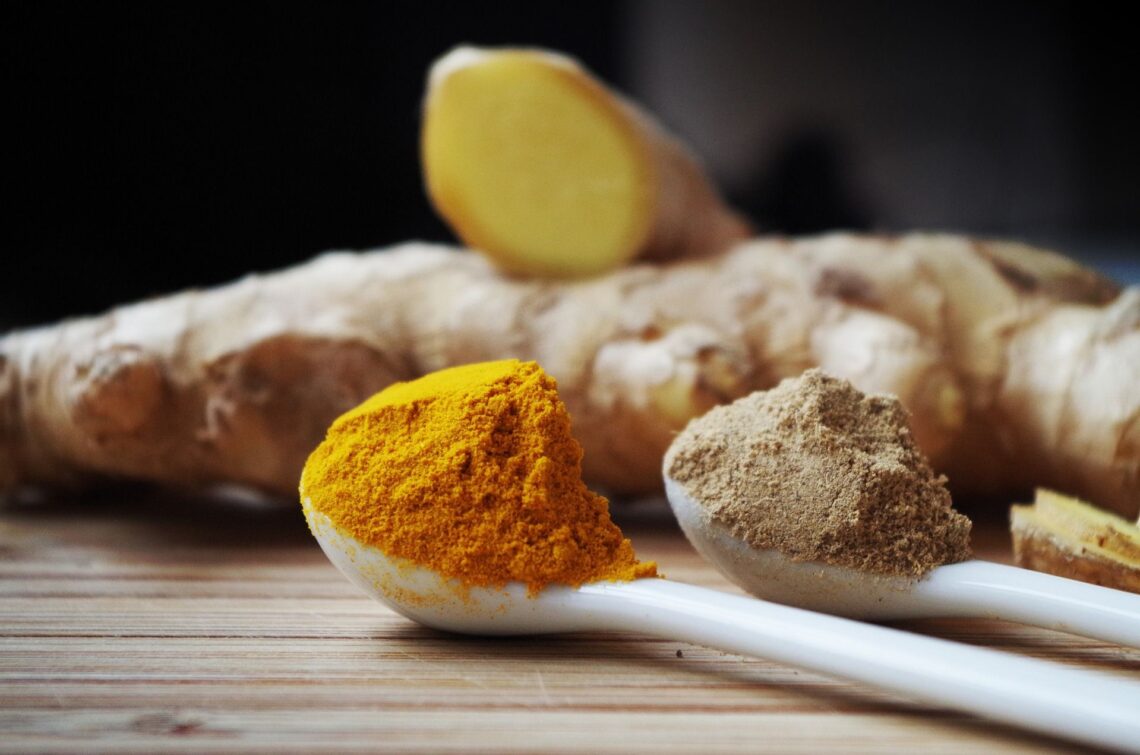Turmeric finds application in Ayurvedic and traditional Chinese medicines, from treating skin disorders to addressing upper respiratory tract problems, joint issues and digestive system concerns.
Although turmeric is used in various parts of the world for treating indigestion, its benefits in comparison to conventional drugs remain understudied. In a new study, researchers provided scientific evidence for its efficacy in alleviating indigestion and showed its comparable effectiveness to that of antacids.
In the study, published in the journal BMJ Evidence-Based Medicine, researchers compared the use of turmeric against the conventional antacid drug omeprazole – a proton pump inhibitor (PPI) used to treat functional dyspepsia. They found turmeric was as effective as the drug in treating indigestion symptoms.
Functional dyspepsia is a digestive disorder that causes a burning sensation in the stomach, bloating, excessive belching and nausea. Patients are usually recommended to make behavioral and diet modifications and use over-the-counter drugs for relief.
The study included 206 adults below the age of 70 who were admitted to various hospitals in Thailand with functional dyspepsia. They were assigned to one of three treatment groups.
The first group of 69 patients was given two large 250 mg capsules of curcumin (bioactive substance in turmeric) four times a day and a dummy capsule; the next group of 68 patients was given omeprazole 20 mg capsule daily and two dummy capsules four times a day. The final group was given turmeric, as well as omeprazole.
At the start of the trial, all participants had similar clinical characteristics and indigestion scores measured by the Severity of Dyspepsia Assessment score (SODA). The patients were assessed again after 28 and 56 days.
“SODA scores indicated significant reductions in symptom severity by day 28 for pain (−4.83, –5.46 and −6.22) and other symptoms (−2.22, –2.32, and −2.31) for those in the combined, curcumin…
Read the full article here








